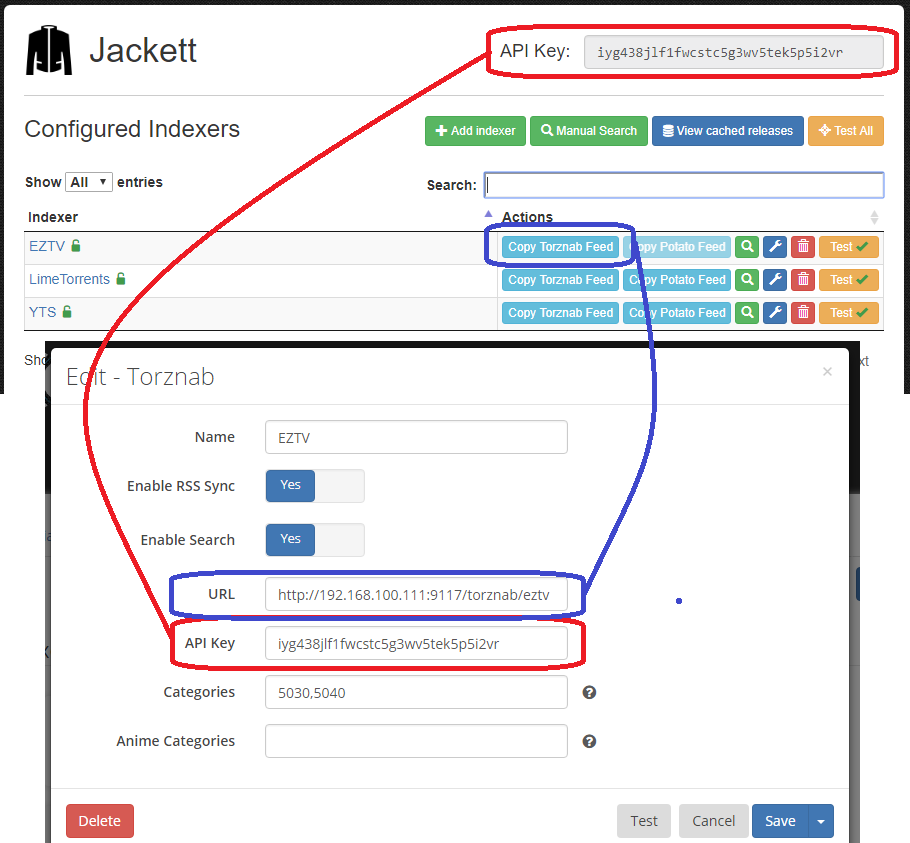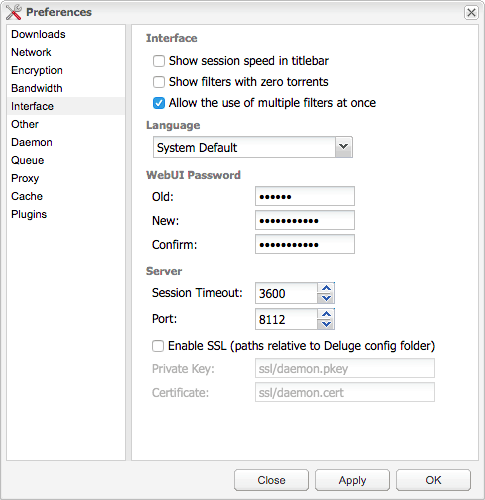


After a second, Headphones will open in your browser. As long as you kept all the default settings while installing Python, you should be able to double-click that file. Now go into that folder and you will see a file called Headphones.py. Once you have that folder extracted, you can rename it to simply headphones. In my case, that would be C:\Users\foxingworth. In the zip, you will see a single folder titled headphones-master. Click that open the file after downloading. On the right sidebar, you'll see a button that says Download ZIP. The first thing we are going to do is grab the latest build off of the Github repository. No worries though, just stick with the guide and we'll have you done in no time. We don't get the benefit of an installer, so we have to do a little more heavy lifting to get it in place.

To be perfectly frank, Headphones is a lot less polished than the other two applications. While installing, use all of the default settings. We will be downloading it from, specifically the 64-bit 2.7.8 version.
HOW TO CONFIGURE SONARR LOCALHOST WITH DELUGE INSTALL
Headphones requires Python 2.7 to run, so we will need to install that first. Just like we have Sonarr for TV and CouchPotato for movies, we have a program called Headphones to handle our music collection. Now that TV and movies are all taken care of, we move on to the last bit: music. Believe it or not, we are nearing completion on our server.


 0 kommentar(er)
0 kommentar(er)
